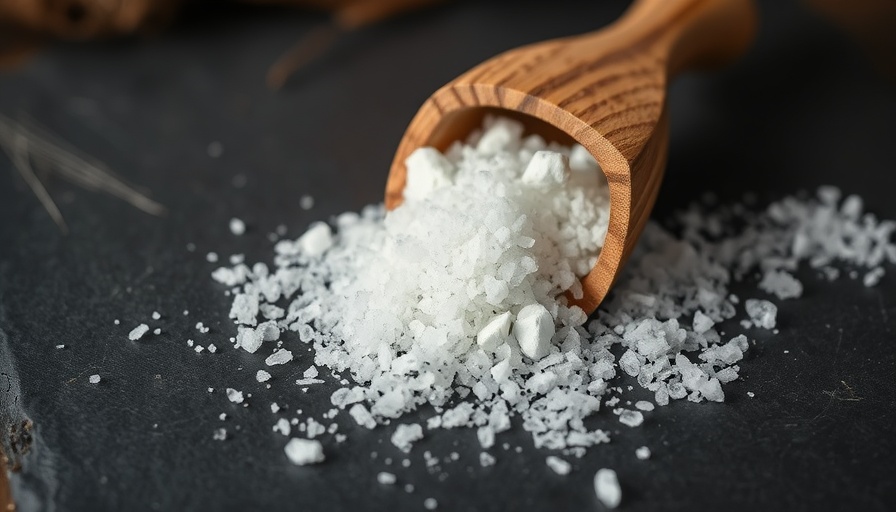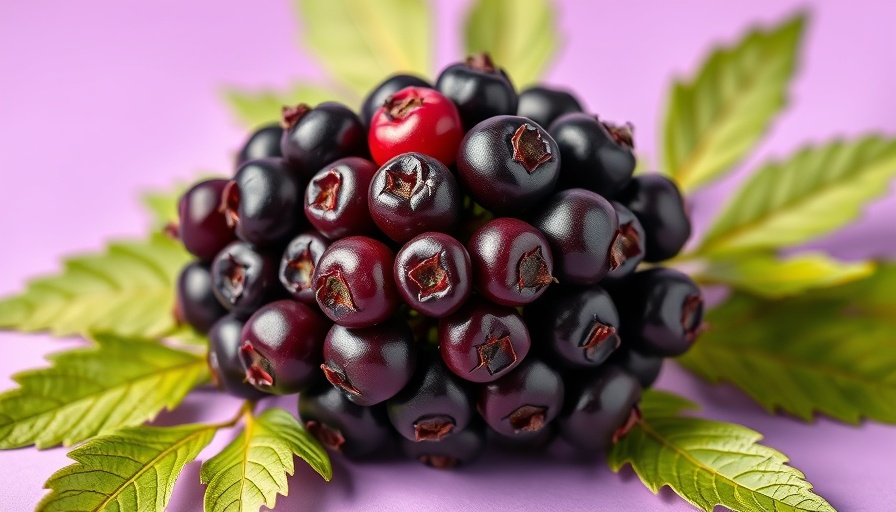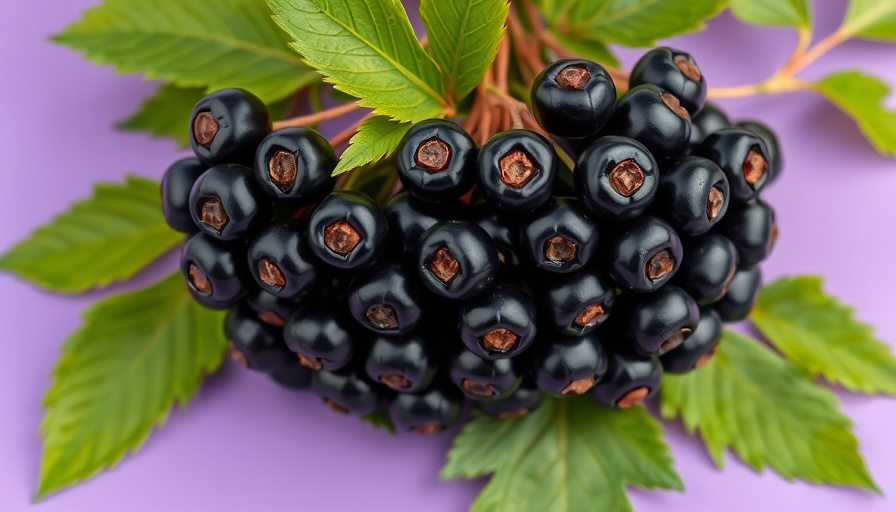
why potassium is essential for optimal health
Potassium isn’t just another mineral; it’s a powerhouse nutrient essential for our survival. Most people overlook its critical role. High potassium intake can significantly lower blood pressure and reduce the risk of cardiovascular disease. When we don’t consume enough of it, we put ourselves at greater risk of serious health issues.
the sodium-potassium imbalance
The stark reality is that most Americans consume far too much sodium while failing to get the necessary potassium. Only a fraction of the population meets the recommended intake for either mineral. This imbalance leads to direct health consequences—namely hypertension, which is quietly claiming lives without any warning signs.
historical context of our diets
In the past, our ancestors thrived on diets rich in fruits, vegetables, and whole grains, naturally high in potassium and low in sodium. These plant-based diets offset the health risks associated with sodium. Fast forward to today, where processed foods dominate our plates, and potassium-rich options have all but vanished. This flipped the crucial ratio of sodium to potassium on its head, paving the way for public health crises.
current dietary trends and their implications
The standard American diet is laden with sodium. We're talking chips, canned soups, frozen meals—processed foods that strike at our health. This new wave of food consumption is a direct cause of increased hypertension rates across the nation. While salt is an easy target, it’s vital to understand where the real damage starts: inadequate potassium.
effective salt substitutes: potassium chloride
One option many people overlook is potassium chloride, a popular salt substitute. It offers the salty flavor of sodium without the detrimental effects. However, it’s essential to approach it with caution. Too much potassium can lead to hyperkalemia, especially in individuals with certain health conditions. But for the majority of healthy individuals, it’s a far better option than traditional table salt.
implementing potassium-rich foods into your diet
The good news? Increasing potassium intake can be as simple as adjusting your eating habits. Incorporating more fruits and vegetables can lead to significant health improvements. Try adding bananas, avocados, sweet potatoes, and spinach to your meals. These foods not only taste great but are also loaded with potassium, allowing you to restore balance in your diet.
the dangers of ignoring this advice
I cannot stress enough how crucial it is to pay attention to your sodium and potassium levels. Ignoring these guidelines could result in severe health repercussions, including increased risk of heart disease, stroke, and kidney damage. These outcomes are preventable by simply adjusting one’s diet. If that doesn’t get your attention, what will?
personal stories and testimonials
Many have experienced transformations by switching to a potassium-rich diet. From lowered blood pressure to improved energy levels, the testimonies speak volumes. One individual crafted a diet rich in leafy greens and beans and saw a remarkable difference in just a few weeks. These are not just anecdotal stories; they represent a broader movement toward understanding how we can take control of our health through smarter food choices.
call to action: take charge of your health
It’s time to break the cycle of neglect towards potassium. Equip yourself with knowledge. Look at your diet critically. Make those changes now! Load up on potassium-rich foods and rethink your relationship with salt. Your heart and health depend on it.
 Add Row
Add Row  Add
Add 




 Add Row
Add Row  Add
Add 

Write A Comment